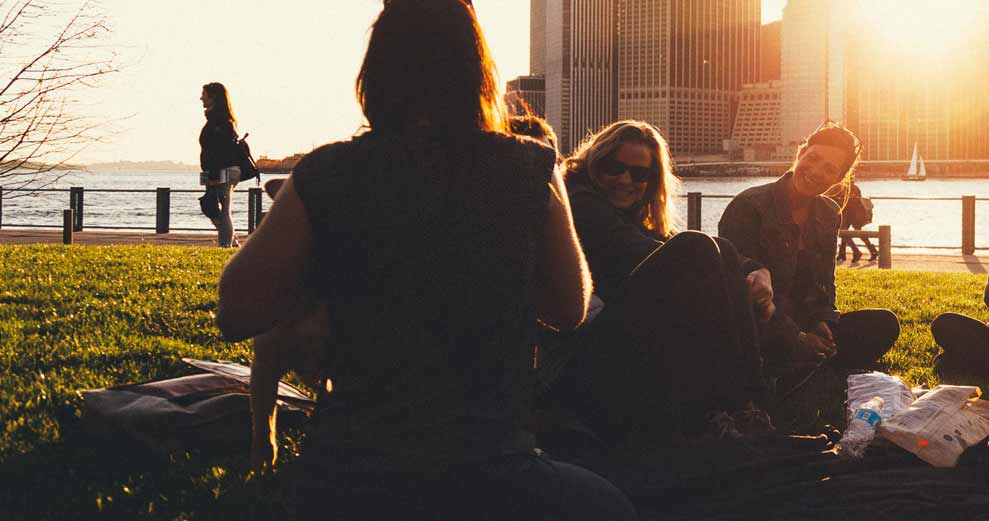My travels to 50 states, seven continents and 89 countries have taught me many lessons—some learned the hard way, through trial and error. When I started my world adventures, friends and colleagues weren’t frequent travelers, so I couldn’t rely on them for advice. As I explored and learned, I vowed to share my knowledge to help others overcome travel challenges. Now, I’m often contacted by teachers seeking guidance on a destination and “picking my brain” for information. Through their numerous requests comes my Top 10 Things Traveling Teachers Should Know.
1. Patience is key. Some people are more patient than others. Patience will be tested during travel and you must accept, tolerate, and not get upset. Students, tour guides, bus drivers and others will get on your nerves. Delays, mishaps and other uncontrollable incidents could cause delays. Take it all in stride. When I took college students to Greece for a study abroad trip, rioting and demonstrations altered our itinerary. Patience was needed. As their instructor, I asked the students to write a paper on the riots’ impact on tourism. It was a teachable moment they’ll never forget.
2. Culture shock is real. It doesn’t matter where your group is traveling: Things are not the same. The “We’re not in Kansas anymore” philosophy kicks in and you must remove those rose-colored sunglasses and embrace the differences. Studying the Russian language in Siberia, I was out of my comfort zone. The food, language and culture were unique. At first, I struggled. I couldn’t comprehend the Cyrillic-based language, was uncomfortable exploring the city by myself and didn’t like the food. Wanting a positive experience, I changed my attitude and took tutoring lessons outside of class. I was soon speaking and understanding Russian, interacting with locals, and trying new foods.
3. Engage with the community. Talk with locals. Learn about their lifestyle. If possible, sign up your group to stay overnight in a village or a homestay. People to People International does an outstanding job of immersing students into the culture. Homestays are what students worry about most, yet when we return home, it’s their favorite part of the journey. My stays with families in Turkey, Botswana, Germany, Australia, Austria, the Netherlands, and the United Kingdom are some of my fondest memories.
4. Someone might get sick. Be prepared: Someone in your group will get sick. Pack antidiarrheal medicines, mild laxatives, mild pain relievers, antihistamine, sleep aids and common-cold remedies. Realize “Montezuma’s Revenge” is real and can happen any time. While exploring India, I was extra cautious, only drinking bottled water. Unfortunately, a merchant filled an empty bottle with tap water and placed it on the shelf for sale. In my haste to drink water in the excess heat, I didn’t notice the cap wasn’t secured. As soon as I started drinking, I knew it was tap water. My body reacted with a severe case of diarrhea and vomiting. I learned a valuable lesson: Always be prepared for sickness.
5. Plan for extra expenses. Always have cash or a credit card with you, so you won’t be caught without money. You may find an amazing souvenir. You may have unexpected expenditures. You may lack access to an ATM. A fellow traveler may need money. Many things could happen. I usually carry an emergency $300 in cash. In Australia, I booked a trip to Fraser Island, intending to pay with my credit card when I arrived. Little did I know someone in the United States had compromised my card, which my bank shut down. Fortunately, I had cash to use until I could get back to the mainland and contact my bank to unlock my card.
6. Things don’t always make sense. We comprehend how things work in our region. When we travel, unique ways of operating things might not make sense to us. Remember rule No. 1: Be patient. And be open-minded and flexible. While traveling around Japan, we removed our shoes each time we entered a building. We put on slippers while inside and wore a special pair to the restroom. Though it didn’t make sense to me, it’s the Japanese way.
7. Try new things and experiences. Don’t let fear of failing or looking stupid stop you from trying new things. Don’t let others talk you out of an amazing opportunity. Be first to say, “I will try that!” Everywhere I travel, I try different foods: escargot in France, kangaroo in Australia, petrified duck eggs in China, bear and moose in Montana, warthog in South Africa. Some things I loved. Others, I never want to try again.
8. Enjoy yourself! Have fun. Step outside your comfort zone. Don’t be afraid to let students see you having fun as you learn a new dance, try surfboarding, rappel down a mountain or eat black spaghetti in Italy. My students love traveling with me because my raucous laughter makes them laugh.
9. Be more appreciative. Often, our wants exceed our needs. Yet if you and your students travel, you’ll realize you have more than many people. I’ve observed people living in cardboard boxes in India; spent a day in an African school without running water, electricity, or a floor; and visited Auschwitz-Birkenau concentration camp in Poland. Those experiences humbled me and made me appreciate my life and opportunities.
10. You won’t come home the same person. The experiences you have, people you meet, and things you observe will change you and your students’ lives forever. At 17, I spent a summer in the Netherlands as an exchange student. When I returned home, I told my parents I was going to travel the world—and I am still traveling, exploring, and learning.
Written by Julie Beck, Contributing Writer for Teach & Travel.
This article originally appeared in the May 2020 issue of Teach & Travel.




